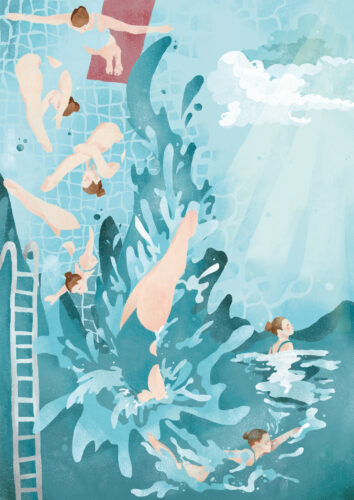
2024
-
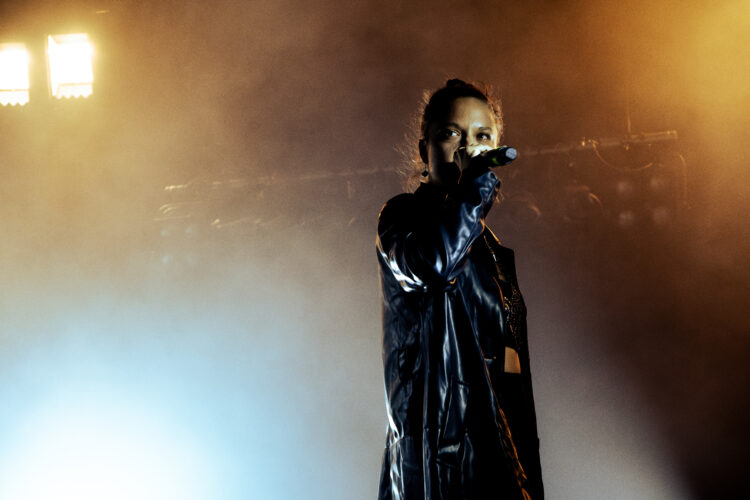
New Sounds from Switzerland: The Ars Electronica Nightline
In 2024, Ars Electronica Nightline will focus on innovative club music from Switzerland and offer a unique platform for Swiss artists.
-
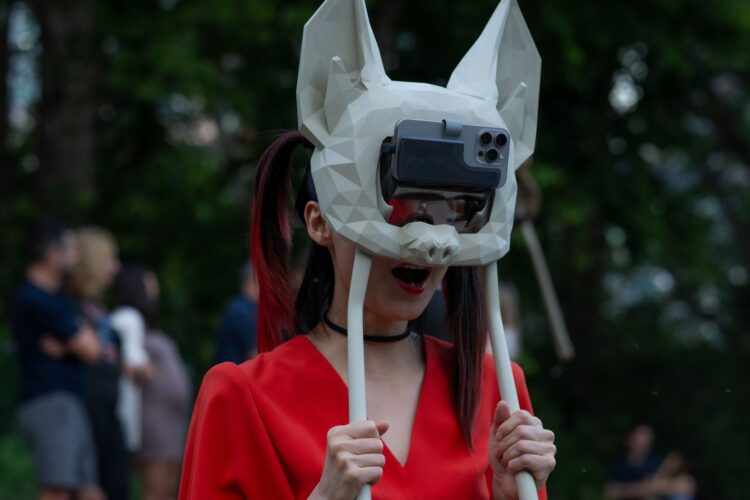
Ars Electronica Features: Beacons of Hope from Around the World
The Ars Electronica Features combine art and technology in close collaboration with partner institutions to showcase artistic programs and perspectives from around the world that initiate change.
-
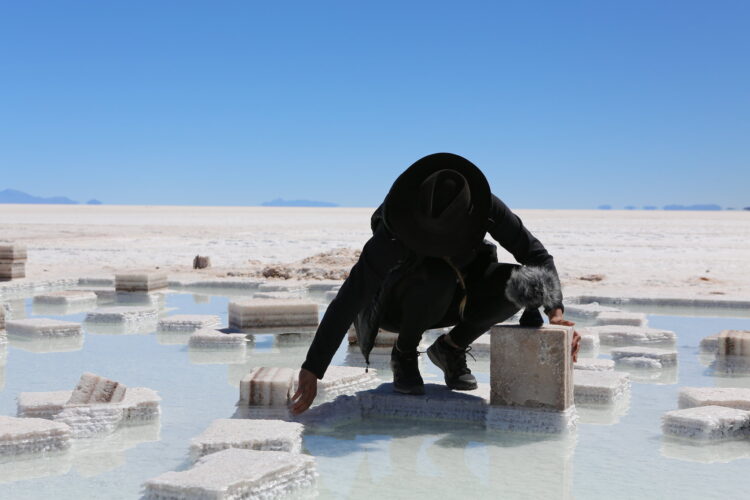
Bridging past, present and future: media art from Latin America
Artists honoured with the CIFO x Ars Electronica Award address environmental problems and present innovative projects.
-
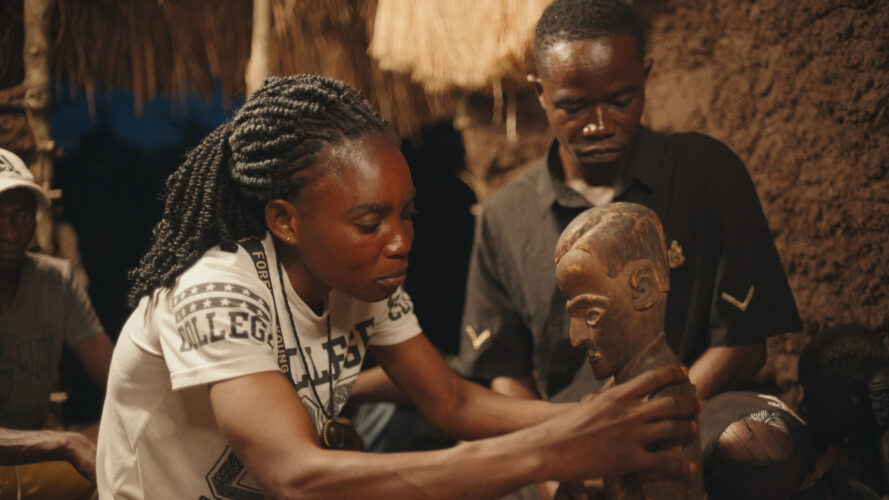
Preserving Heritage in the Digital Age
The Balot NFT democratizes digital cultural ownership and aids in reclaiming stolen land, using NFT technology as a decolonization tool in a new restitution model.
-
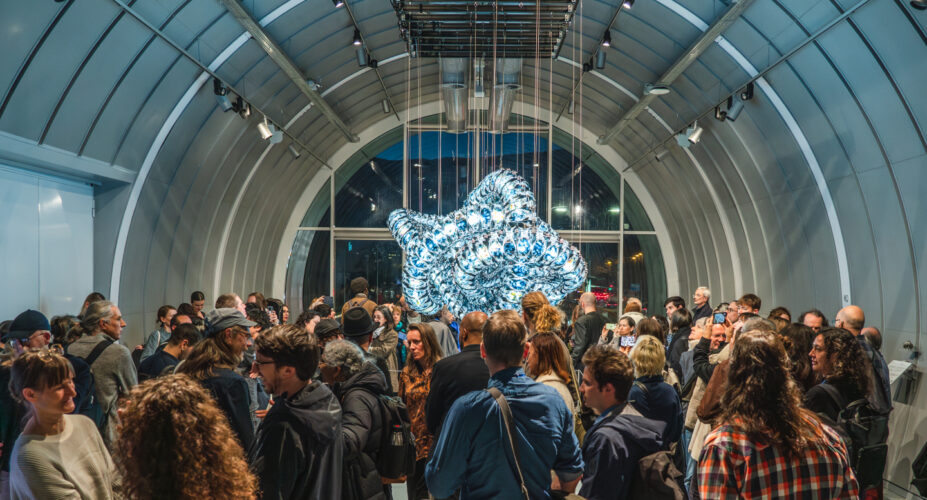
Artistic Explorations in Science
Arts at CERN, the arts programme of CERN in Geneva, has invited artists since 2012 to explore fundamental scientific questions alongside physicists.
-
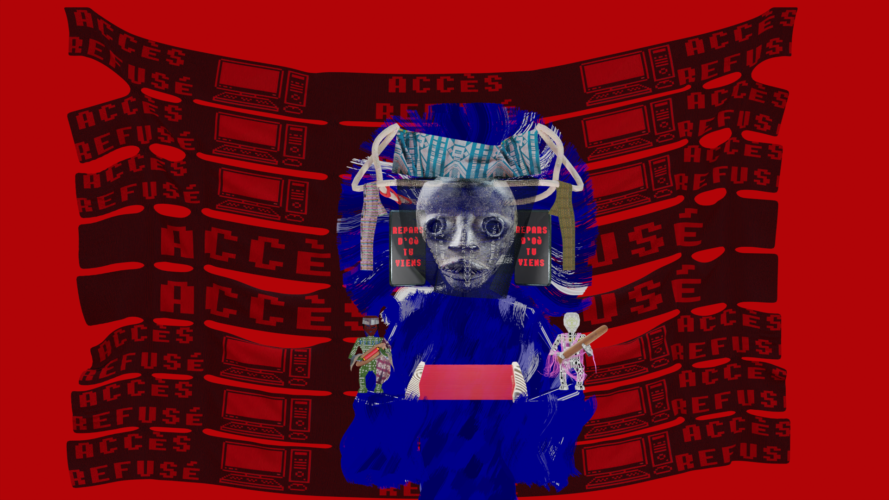
A Story of Arrangement
“You are part of a huge weave, that you cannot ignore anymore.” When you enter Diane Cescutti’s website and her work, you enter the world of weaving.
-
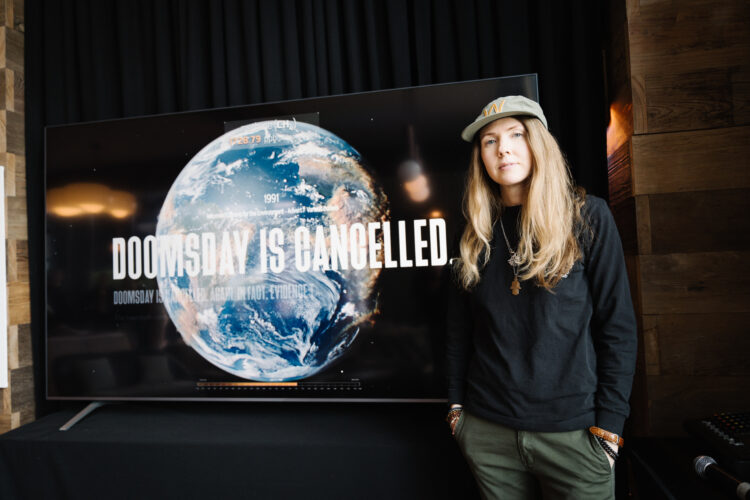
From Blue Marble to Bioplastic Record
“Smoke and Mirrors” by British artist Beatie Wolfe visualises 50 years of climate data and contrasts it with advertising slogans from the oil industry. She has now been awarded the Golden Nica of the Prix Ars Electronica for her work.
-
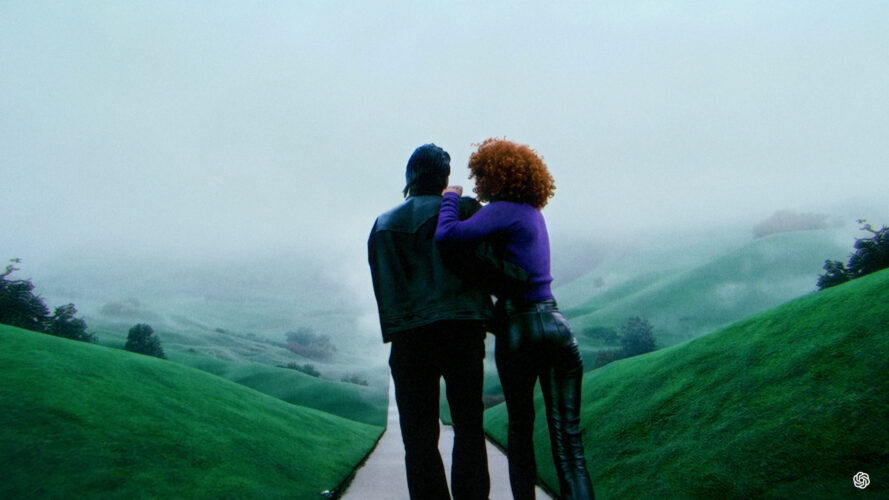
A Fall Down Memory Lane
A trip and a fall down memory lane, tracking the relationship of a couple from middle school into the afterlife. “The Hardest Part” is the winner of the AI in Art Award 2024.
-
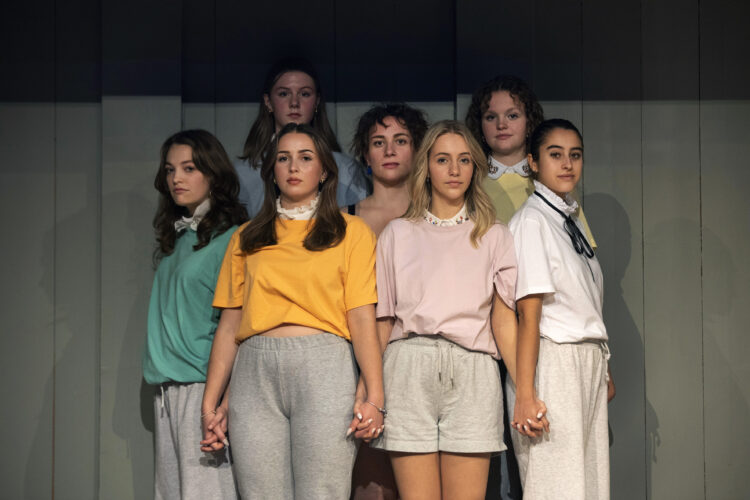
Taking Back Power: Patchwork Girl
The winner of the Digital Humanity Award sets an example against online exploitation and for women’s rights in the digital age.
-

Immersive Journeys Through Time
Ars Electronica is the future, cultural heritage is the past. Both tell of disruptive interrelationships at the intersection of art, technology and society. In Deep Space 8K, they enter into a unique symbiosis.
-

Fostering Plant Diversity Through Community Participation
The INCREASE project helps protect plant genetic resources by involving citizens in growing and tracking different types of beans, which boosts biodiversity and supports sustainable farming.
-
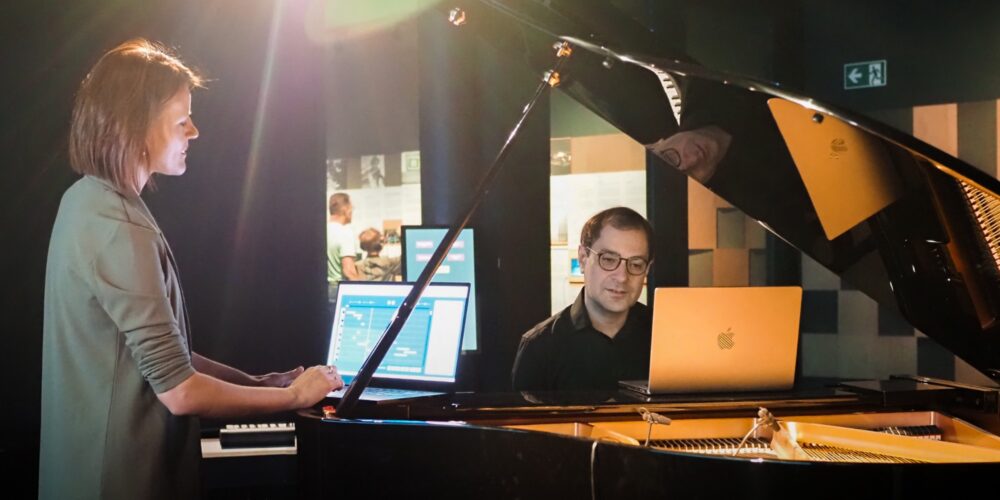
“Waltz Symphony”: Of humans and machines
Artificial intelligence and classical music merge seamlessly in the Waltz Symphony project. Composition students develop innovative orchestral pieces in dialogue with the AI application Ricercar.
-
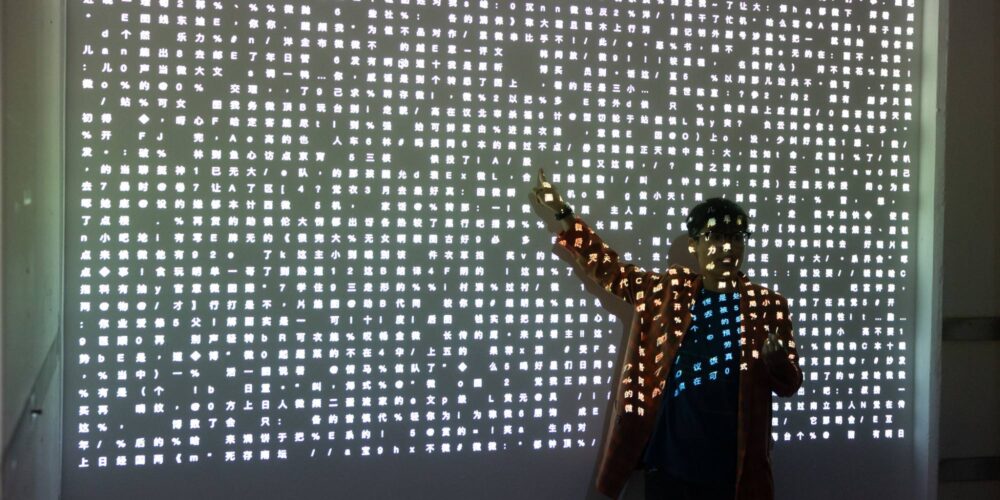
Borderline of Hope
Eunji Kwon has been selected as the second curator in residence for the Curatorial Residency Program enabled by ARKO. In this guest post, she reflects on the Prix Ars Electronica jury weekend from her personal perspective.
-
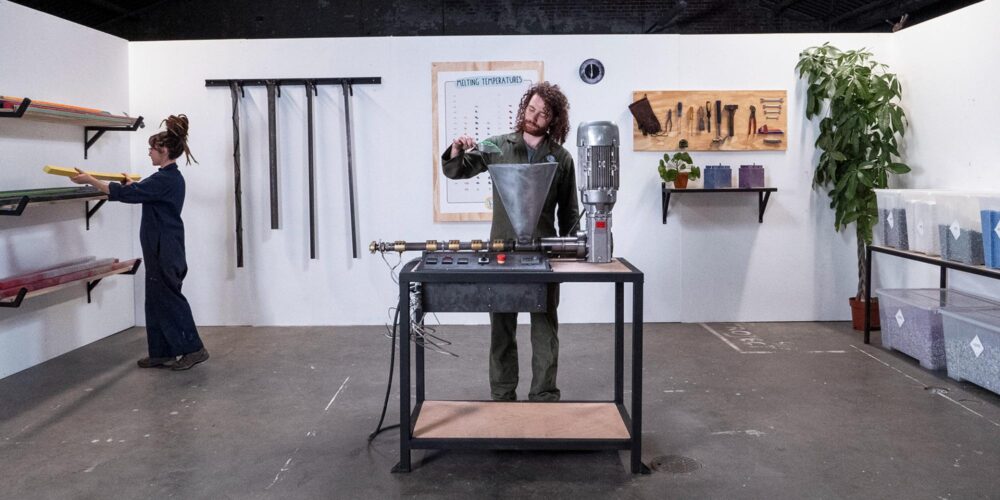
Beacons of hope in a changing world
Under the title HOPE, the Ars Electronica Festival 2024 will focus on the people who give us cause for optimism.
-
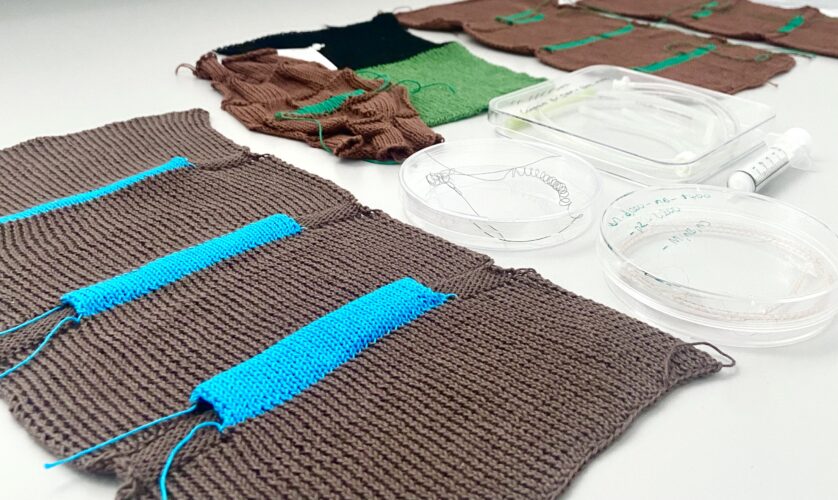
Rethinking clothing with knitting, origami, and Magic Girls
Material research meets design: Lingxiao Luo shows how programmable, sustainable clothing interacts with its wearers.
-
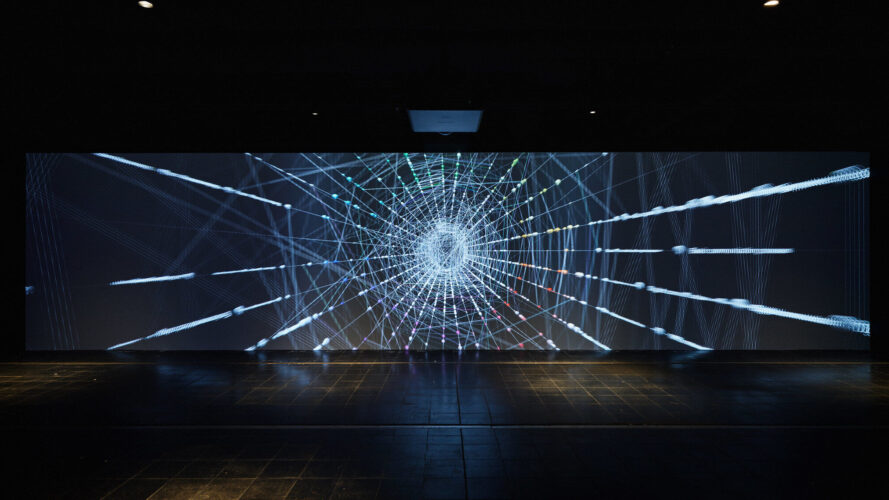
Data Art in dialogue: Artistic Interactions with Technology and Society
Data art transforms complex data into interactive, aesthetic works of art. In “Pulse of the EPO”, the Berlin duo Quadrature uses patent data to explore social and cosmic boundaries.
-
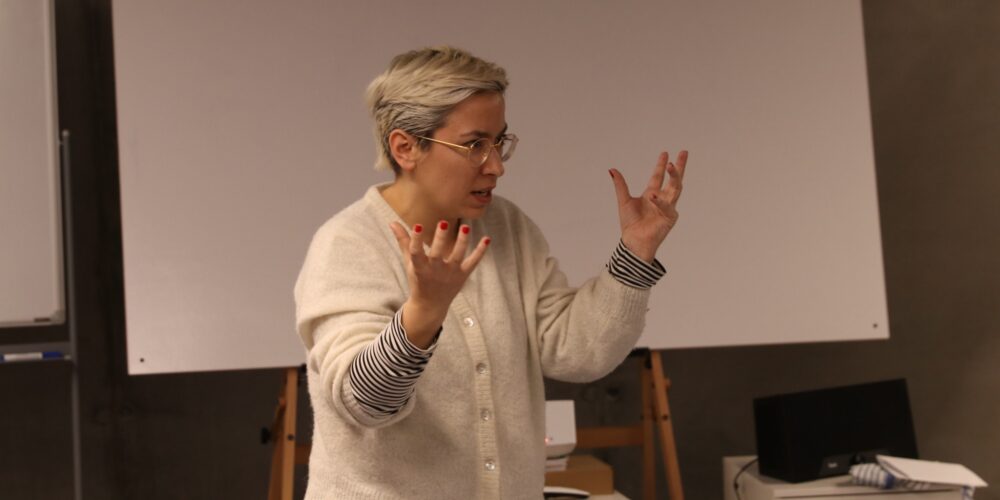
Intersections of Technology, Society, and Environment in Mobility
In the sixth and last chapter of the FOUNDING LAB Fall Term, students delve into the intersection of technology, society, and policy through the lens of mobility
-
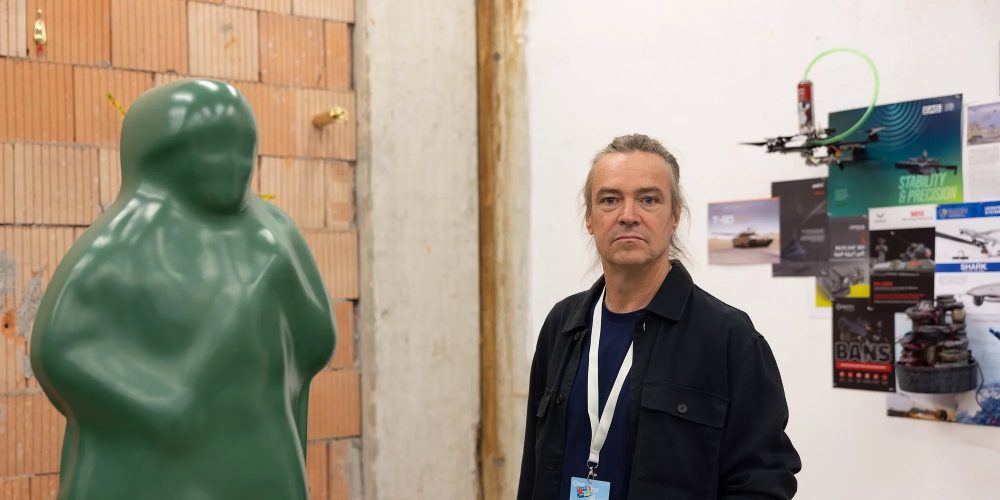
A Conscientious Objector’s Unconventional Art Project
Artist Tom Bogaert on investing in “sin stocks” of arms manufacturers as an act of resistance against the logic of war
-
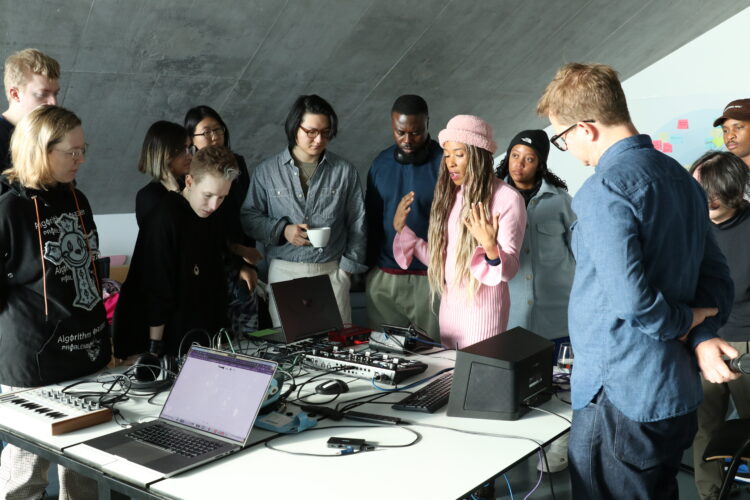
Disinformation, manipulation and the art of storytelling
In the fifth chapter of the FOUNDING LAB Fall Term students examine the incentives, tactics, and mechanisms of online news construction and dissemination.
-
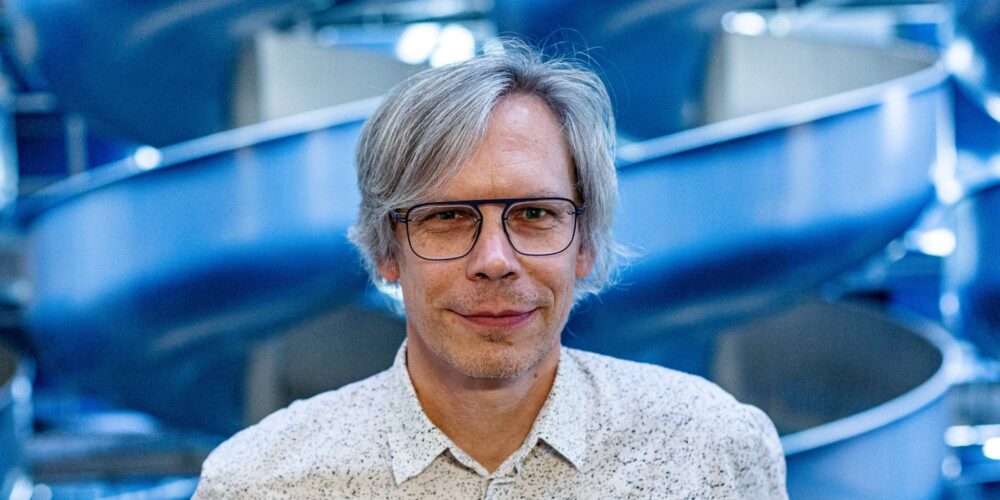
Interdisciplinary Urban Studies and Data Art
In our interview with Prof. Dietmar Offenhuber, we find out how important interdisciplinary approaches are in research and what role data plays in a digitalised world.
-
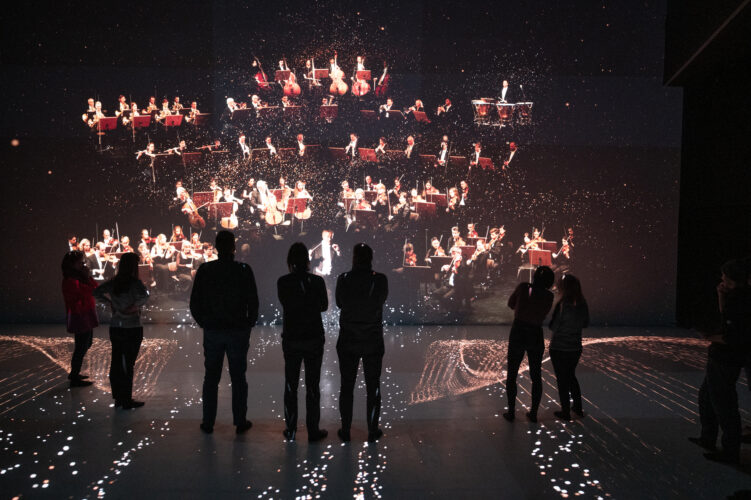
200 Years of Anton Bruckner: Music meets the latest Technologies
Upper Austria celebrates 200 years of Anton Bruckner in 2024. From February, you can experience the world of the famous composer in an unprecedented way at the Ars Electronica Centre!
-
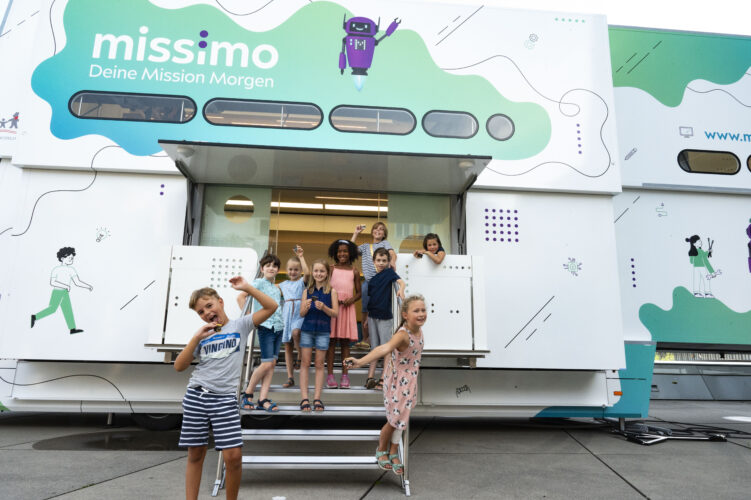
Creative and playful learning for the future
AI, robotics, programming, and more: “missimo” brings basic digital education to rural elementary schools throughout Austria.
-
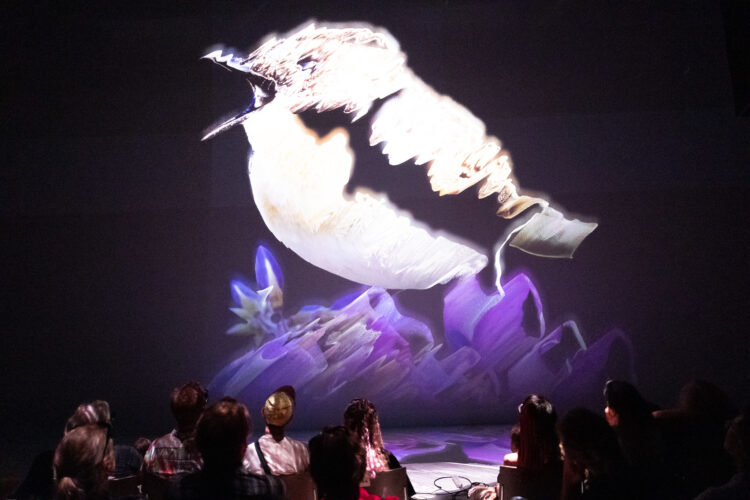
Unveiling the biodiversity crisis through auditive art
An immersive audiovisual experience by the Ars Electronica Futurelab makes the loss of biodiversity tangible in an impressive way.
-
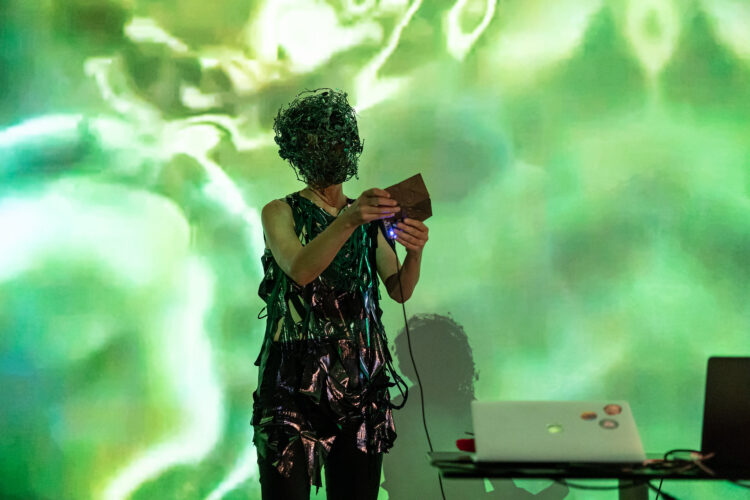
Origami, robotics, and folding sound
World premiere for Oribotic Instruments with Anne Wichmann (She’s Excited), Miller Puckette, and Dan Wilcox at the Ars Electronica Festival.


